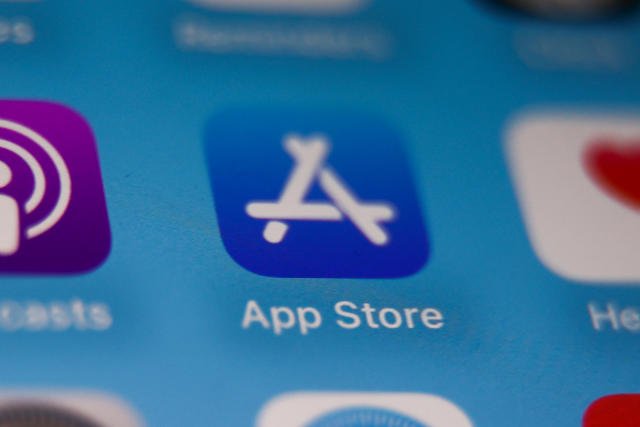Apple app store now have streaming games, in-app purchases and AI chatbots. In partners with Apple’s efforts to align with the EU’s Digital Markets Act (DMA), the company is revising its regulations concerning streaming game services and apps offering access to mini-apps or games. These adjustments may influence companies such as Netflix, venturing into mobile and cloud gaming, along with other tech giants like OpenAI, known for its GPT store, and Meta, which abandoned its standalone Facebook Gaming app in 2022 due to a lack of traction.
According to Apple’s recent announcement, developers worldwide can now submit a single app to stream all the games featured in their catalog. This move signifies a significant shift in Apple’s approach to streaming game services and accommodates the evolving landscape of digital platforms. It is a change from the previous rules, which required any game made available to iOS consumers to have its page on the App Store. Apple argued that this approach was necessary for thorough age rating reviews and compliance with the App Store Review Guidelines.
The likely objective here is to incentivize companies, particularly those considering launching independent app stores for gaming (now permissible in the EU under the DMA), to opt for Apple’s App Store. This move ensures that Apple retains a share of the proceeds from in-app purchases, providing a financial incentive for developers to leverage the established App Store infrastructure.
Last year, reports indicated that Microsoft was contemplating the launch of its mobile gaming store. Similarly, Epic Games, the creator of Fortnite, sought to distribute its games through its store, leading to a legal battle with Apple over antitrust concerns. Although Apple emerged largely victorious in the US court, it was mandated to concede with a provision allowing developers to redirect users to their payment systems and websites from within their apps.
The response of these companies to Apple’s new options is yet to unfold. In addition to permitting single apps to host streaming games, Apple’s latest updates now extend to mini-games, mini-apps, chatbots, and plug-ins, allowing them to integrate Apple’s in-app purchase system. It broadens the scope for developers, offering more flexibility in incorporating payment systems within their apps.
This adjustment addresses concerns surrounding OpenAI’s GPT Store, which functions like an app store for specialized AI chatbots designed for specific purposes similar to ChatGPT. With the rise of AI, Apple might risk losing potential revenue if users explore and discover paid or subscription-based chatbots within a larger app. This move firms that even such services will now be subject to Apple’s in-app purchase rules, encompassing the 15% to 30% commissions it charges.
Apple emphasized that each mini-app, in-app game, or in-app experience must adhere to its App Store Review Guidelines. It implies that if OpenAI brings AI chatbots or GPTs to iOS users, Apple will review them, with the overall app rating reflecting the highest age-rated content.

In partners with these adjustments, Apple introduces over 50 new reports via the App Store Connect API, aiding developers in analyzing app performance across engagement, commerce, app usage, and framework usage.
Furthermore, Apple is eliminating the mandatory requirement for developers to include “Sign in with Apple” alongside other sign-in options. Instead, developers utilizing third-party or social logins can opt for an alternative “privacy-focused login assistance” if they prefer.




